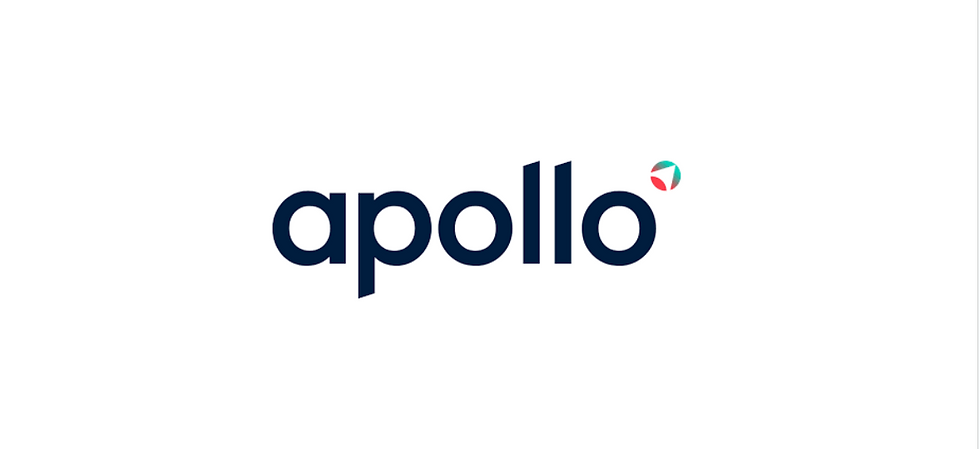Intersectionality of issues
Tue 22 Aug
|Wood
During this event, you will learn more about intersectionality, and how all of us are impacted by elements of intersectionality


Time & Location
22 Aug 2023, 18:00 – 20:30
Wood, Altens Industrial Estate, Aberdeen AB12 3LE, UK
About the event
AXIS Network and AFBE Scotland UK are excited to bring Intersectionality of Issues to you as a joint event, co-sponsored by EY & Wood. During this event, you will learn more about intersectionality, and how all of us are impacted by elements of intersectionality.
The output will help broaden your understanding of more facets of diversity and actions that you and your organisation can take to improve inclusivity for all.
We are all unique, and no one person fits to a perfect box. Intersectionality of issues refers to the way that multiple forms of oppression intersect and are compounded, making it necessary to consider and address the interconnected nature of different social justice issues. For example, poverty and structural racism are interconnected, as are ableism and sexism. By acknowledging and addressing the intersectionality of issues, social justice movements can better understand and address the underlying causes of systemic inequalities and work towards creating more equitable societies for all.
Meet the panel!
Shaun Scantlebury, Partner EY People Advisory Services and panel facilitator:
Shaun is a Partner in EY’s People Advisory Services and has over 15 years of experience gained both as an in-house HR practitioner and consultant in talent management, transformation and inclusion. Shaun leads the EY Lane4 practice, which specialises in delivering Leadership, Learning and Culture programmes in support of large-scale transformations. Shaun also sits on EY’s UK & Ireland DE&I council.
Shaun believes intersectionality speaks to the truth of who we are as people and developing our understanding of intersectionality will get us closer to a dialogue on DE&I with the potential to generate environments of belonging.
Dr Emma Behjat, AXIS Network Vice Chair and Business Development Manager, Intertek:
Emma holds a PhD in Chemical Biology and has spent the last 8 years working across multiple industry sectors focusing on technical sales and communicating science. At present she is a Business Development Manager at Intertek, and is currently on maternity leave. Emma is also the vice chair at the AXIS network. .
Emma has a keen interest in intersectionality as in Emma’s words, she is someone of mixed race who is white appearing and can be labelled differently depending on how she presents herself. This has given her insight into the privilege associated with certain labels and how we can sometimes transition between them.
Dr Doris Reiter, Senior Vice President for bp North Sea:
Doris Reiter is the Senior Vice President for bp North Sea. Doris is responsible for the company’s strong portfolio focused around five key oil and gas production hubs in the central North Sea and west of Shetland, and is the first female to hold this position. Doris holds a PhD in petroleum engineering from Texas A&M University.
Doris believes the most successful teams are diverse teams, and in her own words: "We each have our own unique values and experiences that make us who we are. We’re at our best when we support and celebrate one another for the brilliantly different ideas and expertise we bring together".
Chrissie Clarke, Vice President for Diversity & Inclusion, Wood:
Chrissie is an innovative leader who has designed and embedded successful equity, diversity, inclusion and belonging (EDIB) and skills portfolios for a range of industries. She has a background establishing and driving sustainable strategies, policies, and initiatives to recruit, retain, empower, and progress an inclusive workforce whilst creating a culture to ensure that everyone has a sense of belonging.
Chrissies states: “People are complex, and there isn’t a one solution fits all, nor is there a direct path. To drive true, lasting change that positively impacts people’s life, business bottom line and shareholder return, we must take iterative steps every single day. The conversation about intersectionality has never been more important than it is today and by speaking about it, we can bring more people along the journey, because it shows how everyone is impacted."
Dr Ollie Folayan, MBE, Co-Chair AFBE-UK, Head of Process and Safety, Optimus Plus Aberdeen:
Ollie Folayan is a visiting professor to the School of Science and Engineering, University of Dundee and Head of Process and Safety at Engineering consultancy, Optimus Plus Aberdeen. He is the co - founder of AFBE -UK. Ollie was awarded an MBE for services to diversity and inclusion in engineering in the King's First New Year Honours' List in 2023.
Intersectionality is important because no group is a monolith. When you homogenise a group of people, you end up aiming for the lowest bar when it comes to EDI performance. An understanding of intersectionality therefore helps us get inclusivity right by looking at each individual as the complex being that they are.
Tickets
Free ticket
£0.00
Sold Out
This event is sold out
































































































